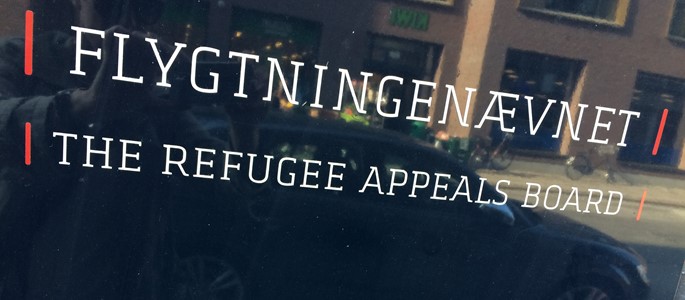Risk of FGM allows Somali family to stay
The Refugee Appeals Board has had an unclear practice, but now there is hope of a new turn in the development of the 800 Somali withdrawal cases.
In Somalia, 95-99 % of all girls are still subjected to female genital mutilation (FGM) in its most severe form. As Somalia is a clan society, it is usually not possible for parents to oppose to this abuse, as it is decided by the leader of the clan and is carried out by others.
According to international guide lines, the risk of FGM falls within the Refugee Convention and should lead to asylum. Children have a right to asylum just as adults, and their motives for asylum must be assessed.
Many of the 800 Somalis who have been pointed out to have their basis for asylum in Denmark re-assessed, have wives and especially daughters who have not been circumcised, and a number of them have brought attention to this fact when they were interviewed by the Danish Immigration Service.
Experts and NGOs have been criticising Immigration Service for not asking the parents about their children’s asylum motives – which they never do. And even in cases where the parents have told about the risk of FGM on their own inititative, Immigration Service has not given this a weighty significance but insisted on withdrawing the residence permit. Besides, the authorities should investigate the risks for children objectively, as the parents themselves might accept the abuse.
The organisation Refugees Welcome, Denmark, has back in 2010 applied for asylum on behalf of two small girls who were born in Denmark, and their mother. Immigration Service refused to handle the case when the mother was granted asylum for other reasons in 2012, which also covered her daughters.
The Refugee Appeals Board has had an unclear line concerning the risk of FGM. In a case about a mother and daughter from February 2016, the board rejected asylum with the argument that the mother would be able to protect her daughter from the abuse.
But only one month earlier, in January 2016, the board had granted asylum to another mother and daughter, exactly because they did not think she would be able to resist FGM as a single woman.
In May 2016 another woman and her daughter were also granted asylum, but in this case the woman had also been exposed to various kinds of abuse from her family, and the board writes “she would hardly be able to resist the social pressure to let her daughter be circumcised.”
The board has also included other facts as whether the applicant has a conflict with her own family, and whether the family’s other girls in Somalia have been circumcised. Not very relevant facts, if it happens to 95-99 % of all girls.
The latest decision from June 2017 concerns a couple who arrived in 2014, and their daughter. Here the board concludes without further arguments that the parents can not be expected to prevent circumcision of the girl. Background information is refererred to as “95-99 % of all women in Somalia have been circumcised, and it also still takes place in areas controlled by Al-Shabaab.” It is mentioned that the couple are illiterate, but not clear whether this has had any influence on the decision.
Practice of the Refugee Appeals Board has indeed been wavery as described, but it seems like the risk of FGM will in the future be recognised more seriously and the argument that the parents can prevent is will hopefully be used less.


